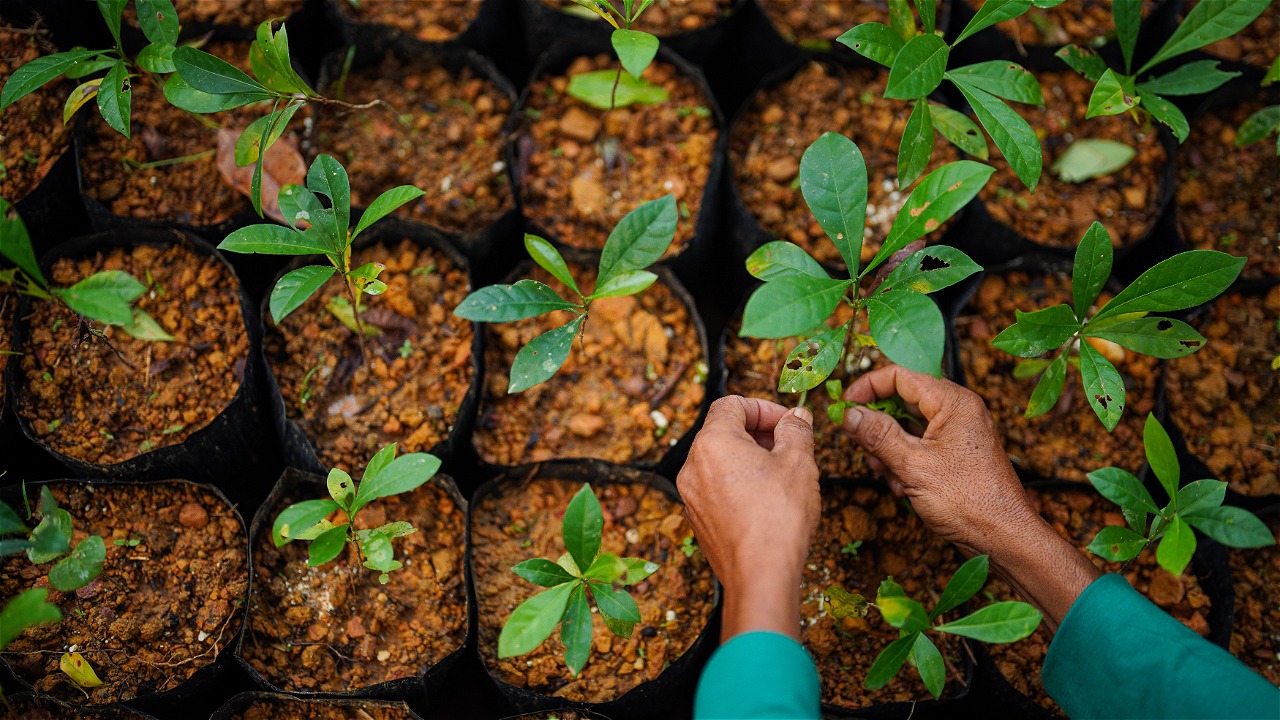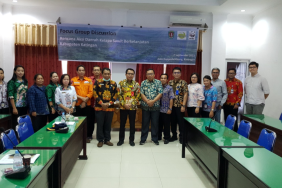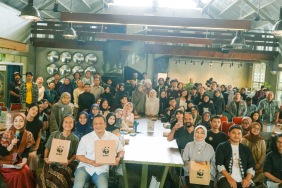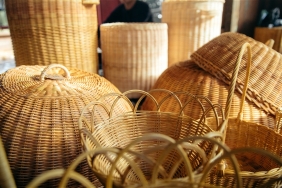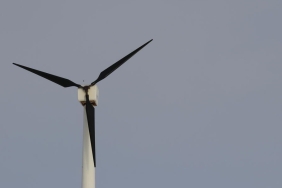STRENGTHENING THE CAPACITY OF LAMPUNG ROBUSTA COFFEE FARMER GROUPS THROUGH EMPOWERING THE SRIKANDI WOMEN'S GROUP
By: Hijrah Nasir
Lampung Province is known as the largest robusta coffee producer in Indonesia with a production of over 200,000 tons per year. However, ironically, based on a study conducted by WWF Indonesia titled "Gone in an Instant" it was found that around 20,000 tons of production came from illegal land within the Bukit Barisan Selatan National Park area. Therefore, WWF Indonesia since 2013 has initiated a coffee farmer field school in Ngarip Village, Ulubelu, Tanggamus Regency. WWF itself has been assisting the Ngarip community, which is a buffer zone of BBSNP, since 2012 with various community empowerment programs in partnership with several local NGOs who are members of the Collaboration House.
One of the objectives of this field school is to educate farmers about sustainable agricultural processes. Since the beginning of its implementation, this field school has succeeded in producing hundreds of cadres including Sri Wahyuni, a coffee farmer in the village who later formed the Srikandi Business Saving Group together with several women in Ngarip village. The business group they formed was assisted by WWF and several partners.
Armed with strong determination, in 2015, Sri Wahyuni and 15 other people formed a group called Srikandi with a business unit for the production of ground coffee whose raw materials were taken directly from coffee farmers in the village. In just one year, the Srikandi group has managed to attract 120 members, most of whom are coffee farmers, with assets reaching 143 million rupiah.
On December 6-9, 2016, KSU Srikandi held a training on the preparation of a group strategic plan with value-based management for the 2017-2019 Period which took place in Ngarip village, Ulubelu, Tanggamus. In the future, they hope that the group they formed can become a professional all-round cooperative that benefits the community and is able to market ground coffee products under the "Srikandi" brand for a wider market scale.
Through the assistance of this group, WWF believes that conservation success will only work if there is community involvement in it. One of them is through sustainable economic empowerment activities.

